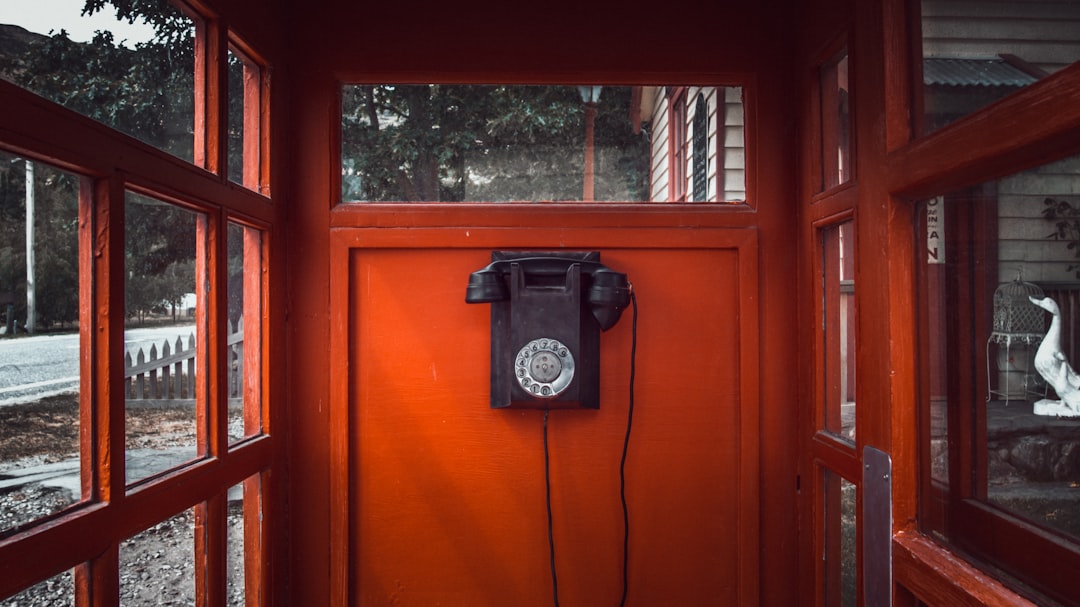The Searsport Maritime Museum in Maine combines maritime history with a surprising focus on phone scams, empowering visitors to recognize and avoid modern cybercrime. Key areas include unwanted calls from fraudulent law firms (Unwanted Call Lawyer Maine) and phishing schemes. The museum collaborates with local authorities to educate residents about evolving scams, providing valuable insights against unwanted call attorneys and law firms in Maine.
Searsport’s Maritime Museum offers a unique glimpse into the historical practice of phone scams, an intriguing yet sinister maritime pastime. Delve into this captivating exhibition to uncover the evolution of scammers’ tactics from the past. With a focus on Maine’s legal responses, the museum provides insights on protecting residents from unwanted calls. As scamming strategies continue to adapt in the modern era, explore how legal professionals and firms in Maine are staying ahead, ensuring citizens are equipped with knowledge to navigate these deceptive waters and avoid becoming victims of phone scams.
Unveiling the Maritime Pastime of Phone Scams

In the quiet coastal town of Searsport, Maine, a unique museum stands as a testament to the region’s rich maritime history. Yet, among the exhibits showcasing ancient navigation tools and sea charts, an unexpected topic has emerged—the evolution of phone scams. This revelation uncovers a lesser-known aspect of maritime culture: swindlers at sea.
For years, unwanted calls, often from distant shores, have plagued residents across Maine. From phishing schemes to fake sweepstakes, these fraudulent practices have taken on new forms, mirroring the digital age. The Searsport Maritime Museum aims to shed light on this modern-day menace by educating visitors about its historical roots. By understanding the techniques employed by past con artists and today’s cybercriminals, locals and tourists alike can better protect themselves from these insidious schemes, ensuring a safer navigation through life’s digital waters.
The Historical Context: A Look Back at Scammers' Tactics

In the past, scams have evolved alongside technological advancements, with one consistent theme: the unwanted call. From con artists impersonating lawyers or government officials to those claiming to be from reputable organizations, these deceptive practices have been around for centuries, but their tactics have continually adapted. In Maine, as in many parts of the world, the rise of telecommunications has made it easier for scammers to target victims through phone calls, often posing as local law firms or attorneys.
The historical context reveals a pattern where scammers exploit people’s trust and fear. Impersonating legal professionals is a common tactic, as it instills a sense of urgency and authority in potential victims. Scammers may threaten legal action, demand immediate payment, or claim that a relative or friend is in trouble, all to trick individuals into sending money or providing sensitive information. Understanding these historical scams helps the Searsport’s Maritime Museum educate visitors on how to recognize and avoid such deceptive practices, especially when an unwanted call from a self-proclaimed lawyer in Maine rings through.
Maine's Legal Landscape: Protecting Residents from Unwanted Calls

In Maine, the legal landscape is designed to protect residents from unwanted calls, especially those that are fraudulent or harassing in nature. Phone scams have evolved into a significant concern, with criminals employing sophisticated tactics to deceive and exploit citizens. Recognizing this growing issue, several laws have been enacted to safeguard Mainers against these deceptive practices.
When it comes to dealing with unwanted calls, individuals can seek legal assistance from specialized unwanted call lawyers or attorneys in Maine. Reputable unwanted call law firms across the state offer expertise in navigating the complex regulations surrounding telemarketing and protecting clients’ rights. These professionals can guide victims of phone scams on the best course of action, ensuring their privacy is respected while holding offenders accountable.
Navigating the Modern Era: How the Museum Keeps Up with Scammers' Evolving Strategies

In today’s digital era, scammers have evolved their tactics, targeting individuals with sophisticated phone scams that can be challenging to recognize. The Searsport’s Maritime Museum, while primarily dedicated to preserving maritime history, has adapted to this modern challenge by educating visitors on the latest scamming strategies. They offer insights into common unwanted call schemes, such as those involving fraudulent legal services, which often target Maine residents. By staying informed about these evolving tactics, the museum equips its visitors with crucial knowledge to protect themselves from becoming victims.
The museum’s role extends beyond historical exhibits; it serves as a resource center for the community. They collaborate with local law enforcement and legal professionals to stay abreast of emerging scams, including those posing as lawyers or law firms in Maine. Regular updates on these trends enable them to share practical advice and warn visitors about potential threats. This proactive approach ensures that the museum remains a reliable source for learning about phone scams, empowering folks to make informed decisions and navigate these modern-day enigma.






